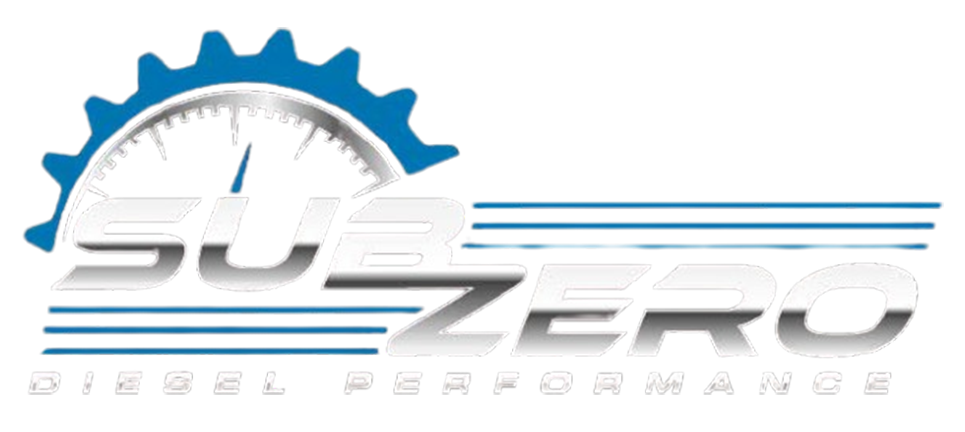Why Engine Oil Type Matters More Than You Think
Understanding the differences between diesel and gasoline engine oil requirements can significantly impact your vehicle's performance, longevity, and maintenance costs. North Dakota's extreme weather conditions make proper oil selection even more critical.
Fundamental Differences in Engine Design
Diesel engines operate at higher compression ratios and generate more heat and combustion byproducts than gasoline engines. These differences require lubricants with enhanced detergent packages and higher viscosity ratings to handle the increased stress.
Gasoline engines typically run at higher RPMs but lower compression ratios, requiring oils optimized for different thermal and mechanical stresses. Using the wrong oil type can lead to premature wear and costly engine damage.
Oil Composition and Additive Packages
Diesel Engine Oils contain higher concentrations of detergent and dispersant additives to handle soot and acid neutralization. They typically use different zinc levels and anti-wear additives designed for heavy-duty applications.
Gasoline Engine Oils focus on oxidation resistance and fuel economy improvements. They contain different additive packages optimized for catalyst protection and emissions system compatibility.
Viscosity Requirements
Diesel engines often require higher viscosity oils (15W-40, 5W-40) to maintain proper lubrication under heavy loads and high temperatures. The thicker oil film protects bearings and cylinder walls from the intense pressures of diesel combustion.
Modern gasoline engines increasingly use lower viscosity oils (0W-20, 5W-30) for improved fuel economy and faster oil circulation during cold starts. These oils provide adequate protection while reducing internal friction.
North Dakota Climate Considerations
Winter temperatures in Bismarck regularly drop below -20°F, making oil viscosity selection critical for reliable starting and immediate lubrication. Multi-grade oils provide protection across the extreme temperature range common in North Dakota.
Summer heat and agricultural dust create additional challenges requiring oils with superior thermal stability and filtration capabilities. Professional oil change service ensures proper selection for seasonal conditions.
Change Interval Differences
Diesel engines typically require oil changes every 7,500-15,000 miles depending on operating conditions, while gasoline engines may extend to 10,000 miles with synthetic oils. However, severe service conditions common in North Dakota may require more frequent changes.
Factors like short trips, heavy towing, dusty conditions, and extreme temperatures all qualify as severe service, potentially halving recommended change intervals regardless of engine type.
Synthetic vs. Conventional Oil
Synthetic oils provide superior performance in both diesel and gasoline engines, especially under extreme conditions. They offer better cold-weather flow, higher temperature stability, and extended change intervals that often justify the higher initial cost.
Conventional oils remain viable for many applications but require more frequent changes and may not provide adequate protection under severe operating conditions common in commercial and agricultural applications.
Oil Analysis Benefits
Regular oil analysis reveals engine condition and optimal change intervals for your specific operating conditions. This scientific approach prevents both premature oil changes and engine damage from extended intervals.
Analysis identifies developing problems like coolant leaks, fuel dilution, or excessive wear before they cause major damage, potentially saving thousands in repair costs.
Professional Oil Service Advantages
Experienced technicians understand the specific requirements of different engines and can recommend appropriate oils for your vehicle and operating conditions. They also properly dispose of used oil and filters according to environmental regulations.
Professional service includes inspection of oil system components, filter replacement with appropriate specifications, and documentation for warranty compliance.
Common Oil Selection Mistakes
Using gasoline engine oil in diesel engines or vice versa can void warranties and cause premature wear. Always verify oil specifications match manufacturer requirements rather than relying on generic recommendations.
Mixing different oil types or brands can alter additive chemistry and reduce protection. Stick with single brands and specifications unless specifically approved for mixing.
For expert routine maintenance and proper oil selection guidance, trust Sub Zero Diesel Performance in Bismarck. Our technicians understand the specific requirements of both diesel and gasoline engines. Call (701) 339-0358 for professional auto repair services that keep your vehicle running efficiently in North Dakota's challenging conditions.
